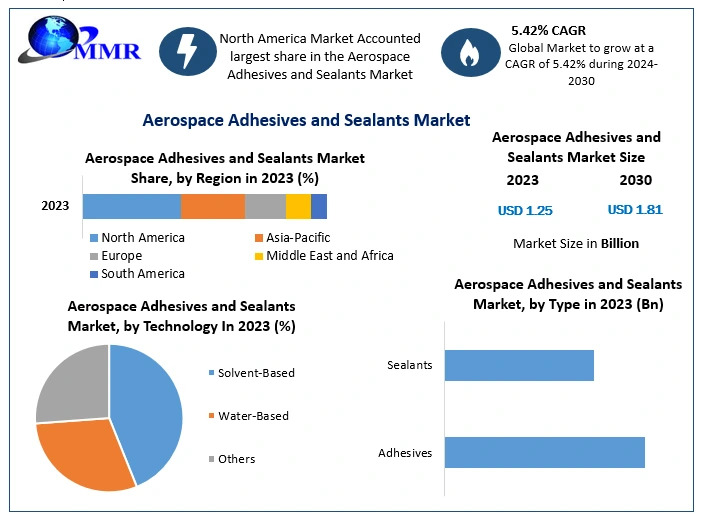The idea of living in another country has never been more appealing. With global uncertainty on the rise and more people working remotely or investing overseas, having a second residency or citizenship is no longer just for the ultra-wealthy—it’s becoming a smart strategy for individuals and families alike. That’s where the golden visa card comes in. But what exactly is it, how does it work, and is it the right fit for your future plans? In this post, we’ll break it down in simple, human terms so you can make an informed decision.
What Is a Golden Visa Card?
The golden visa card is essentially a residency-by-investment program. Offered by several countries across Europe, the Middle East, and even the Caribbean, this visa allows foreign nationals to obtain legal residence in exchange for a financial investment. This investment usually involves buying property, creating jobs, or contributing to a government fund.
In return, you get residency rights—and sometimes even a path to citizenship. Unlike traditional visas, the golden visa card is designed to be long-term, flexible, and beneficial for investors and their families. It’s called “golden” because of the many privileges it grants that are not available through regular immigration routes.
Why Are People Choosing Golden Visas?
People are turning to golden visa programs for many reasons. Some want freedom to travel across borders without applying for visas repeatedly. Others want better educational or healthcare systems for their children. Some are seeking a safe backup plan in case their home country becomes unstable.
For investors and business owners, the golden visa card opens up access to new markets and economies, while for retirees, it offers the chance to enjoy life in a scenic, peaceful, and secure environment.
Where Can You Get a Golden Visa Card?
Many countries now offer golden visa programs, and each has its own requirements and perks. Some of the most well-known include:
-
Portugal: Allows investment in real estate, business, or capital transfers, and offers travel across the Schengen Zone
-
Greece: One of the most affordable options in Europe with a low real estate threshold
-
Spain: Known for stable property markets and a solid healthcare system
-
United Arab Emirates (UAE): Offers long-term residency for property and business investors
-
Malta and Cyprus: High-end programs offering both residency and paths to citizenship
-
Caribbean Nations: Islands like Antigua, St. Kitts, and Dominica offer fast-track citizenship and visa-free travel
Each country offers a different set of benefits, stay requirements, and processing times. The key is to find the one that aligns best with your personal goals and financial situation.
How Much Does a Golden Visa Cost?
The cost of obtaining a golden visa card depends on the country and the type of investment. Here’s a rough idea:
-
Greece: Around €250,000 in real estate
-
Portugal: Ranges from €280,000 to €500,000 depending on location
-
Spain: Starts at €500,000 in real estate
-
UAE: AED 2 million (approx. $545,000) in investment or property
-
Malta: Minimum investment of €600,000 or more through donation and property options
These numbers don’t include legal fees, application processing costs, or other expenses like taxes and maintenance, so it’s essential to calculate the total cost before starting the process.
What Are the Benefits of a Golden Visa Card?
The golden visa card is appealing because of the significant benefits it offers, often not available to regular visa holders.
1. Legal Residency
You and your family can legally live in a foreign country, often with full access to housing, education, and healthcare systems.
2. Visa-Free Travel
A golden visa often grants visa-free or visa-on-arrival access to a wide number of countries, especially if your host country is part of the EU or Schengen area.
3. Include Family Members
Most golden visa programs allow you to include your spouse, children, and sometimes even parents. This is perfect for families seeking a better lifestyle or future.
4. Path to Citizenship
Many countries allow golden visa holders to apply for citizenship after a few years of residency. This can lead to a second passport and the full benefits of being a citizen.
5. No Need to Relocate Immediately
Most golden visa programs don’t require you to move to the host country full-time. You can maintain your life in your home country while securing your residency abroad.
6. Investment Opportunities
Golden visas often require property investments, which can generate rental income or grow in value over time. It’s a way to make your money work while gaining legal status.
Who Should Consider Getting a Golden Visa Card?
If you fall into any of these categories, a golden visa card could be a smart move:
-
Investors and entrepreneurs seeking to expand internationally
-
Remote workers or digital nomads wanting flexible living options
-
Families looking for better education and healthcare for their children
-
Retirees wanting a calm, scenic location for their golden years
-
Anyone needing a backup plan due to political or economic uncertainty
It’s about flexibility, safety, and giving your family more choices in life.
What’s the Application Process Like?
The process to apply for a golden visa card typically includes the following steps:
-
Choose the country and the investment route that fits your needs
-
Make the qualifying investment (purchase property, transfer funds, etc.)
-
Gather documents (passport, proof of income, health insurance, etc.)
-
Submit your application through the country’s official channels
-
Attend interviews or biometric appointments if required
-
Receive approval and get your golden visa card
This process usually takes a few months, though timelines vary by country. It’s recommended to work with an immigration advisor or law firm to avoid delays or mistakes.
Are There Any Downsides?
While the golden visa card is attractive, there are a few things to be aware of:
-
High upfront costs: This route requires a large financial commitment
-
Complex paperwork: Navigating international law and documentation can be tricky
-
Residency requirements: Some countries require you to stay a minimum number of days each year to maintain your visa
-
No instant citizenship: While a path exists, it usually takes 5–10 years
That said, for those who qualify and can afford it, the benefits usually outweigh the drawbacks.
Final Thoughts: Is a Golden Visa Card Worth It?
In a time when flexibility and global access are more valuable than ever, the golden visa card offers a smart, forward-thinking solution. Whether you’re building a new life, planning for retirement, or just want more options for your family’s future, this visa opens doors—literally and figuratively.
It’s not just a legal document. It’s a powerful tool that can shape your future and give you peace of mind. And while the process may seem complicated, the reward—a better lifestyle, security, and global freedom—is well worth the journey.
If you’re someone who thinks beyond borders, the golden visa card might just be your next best step.




